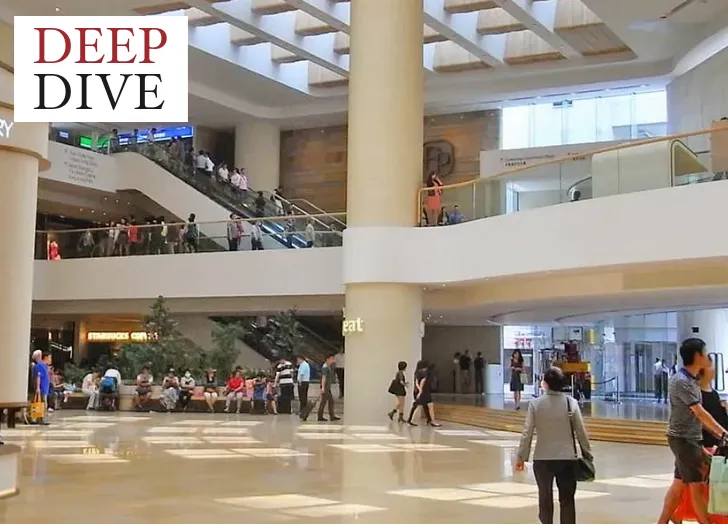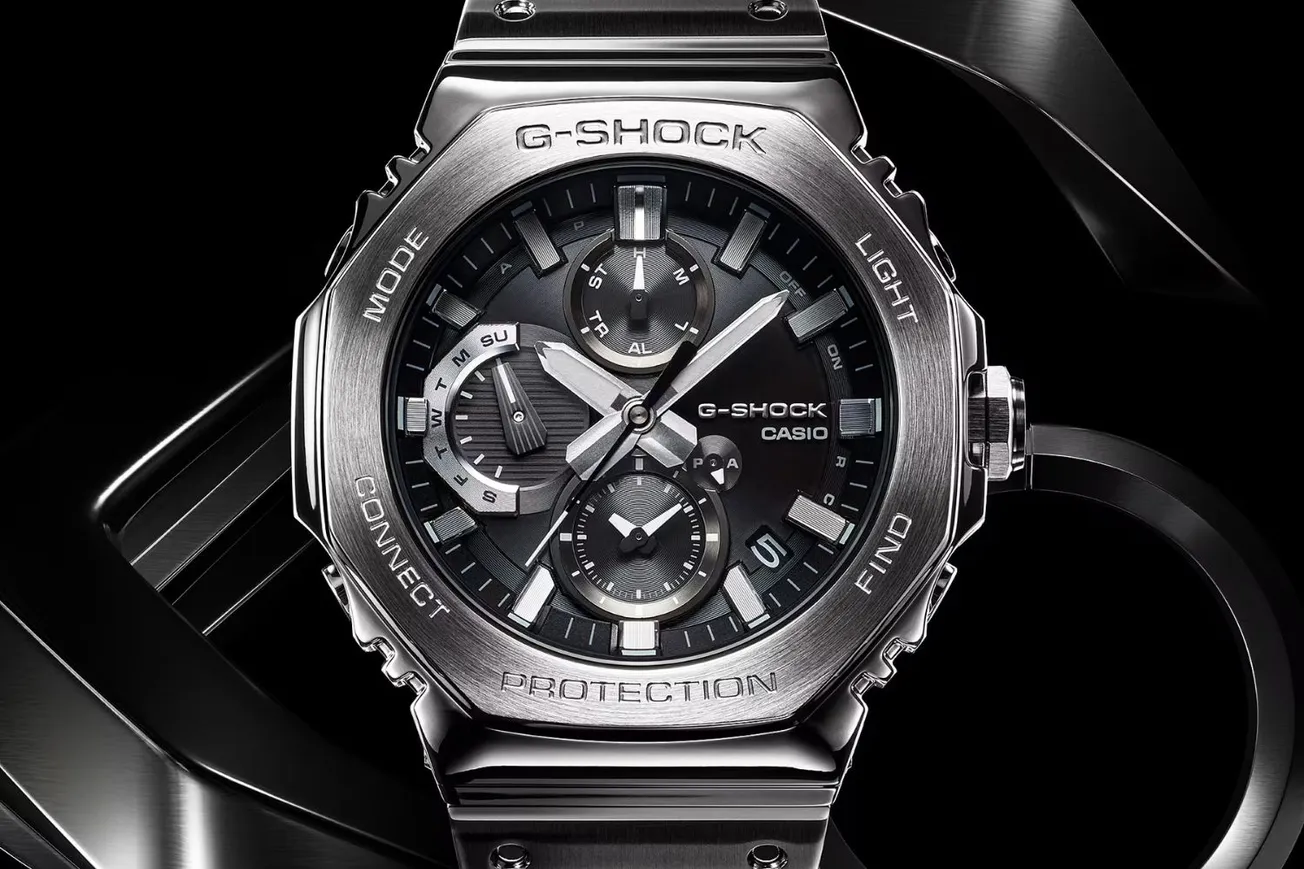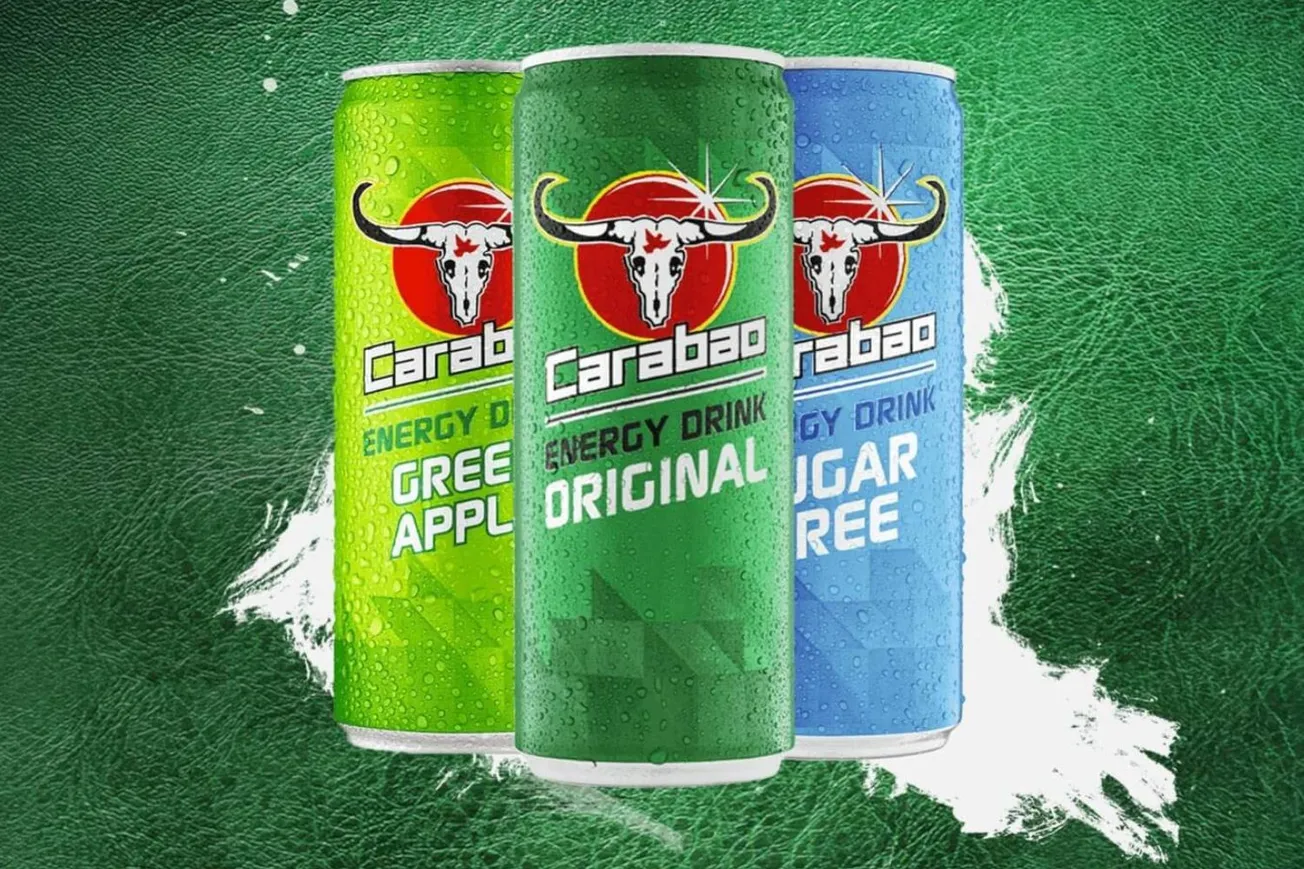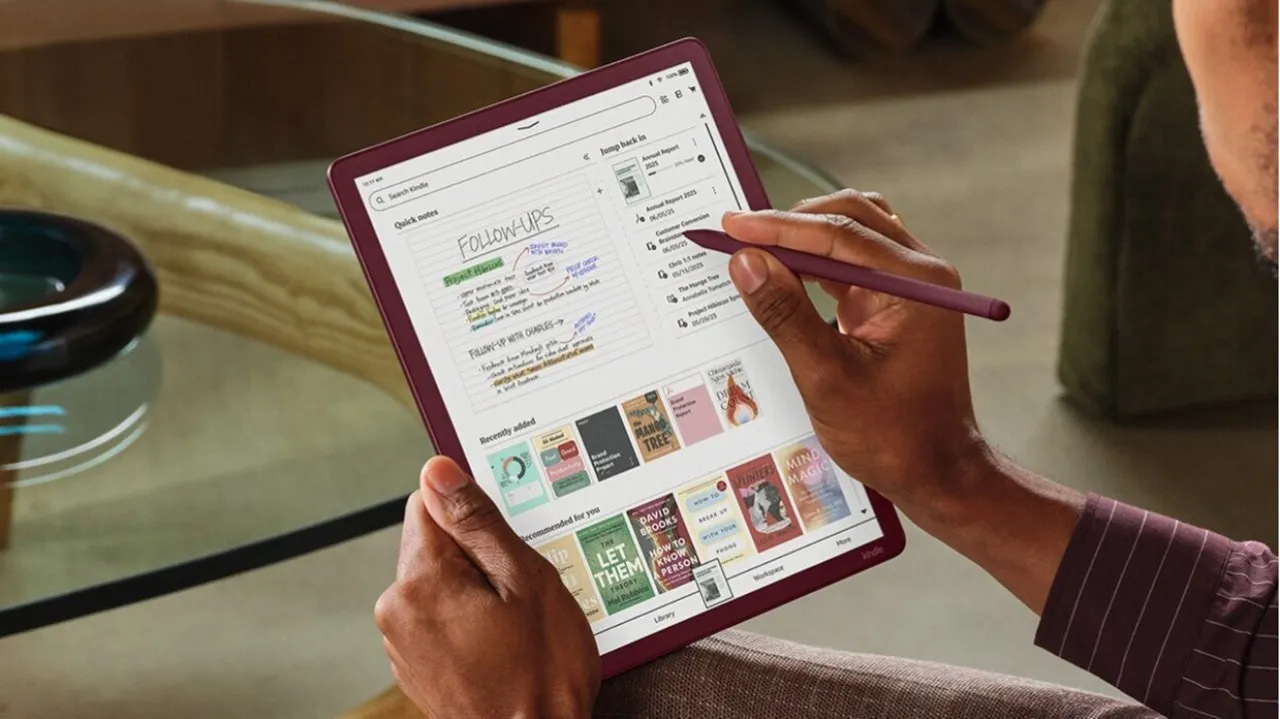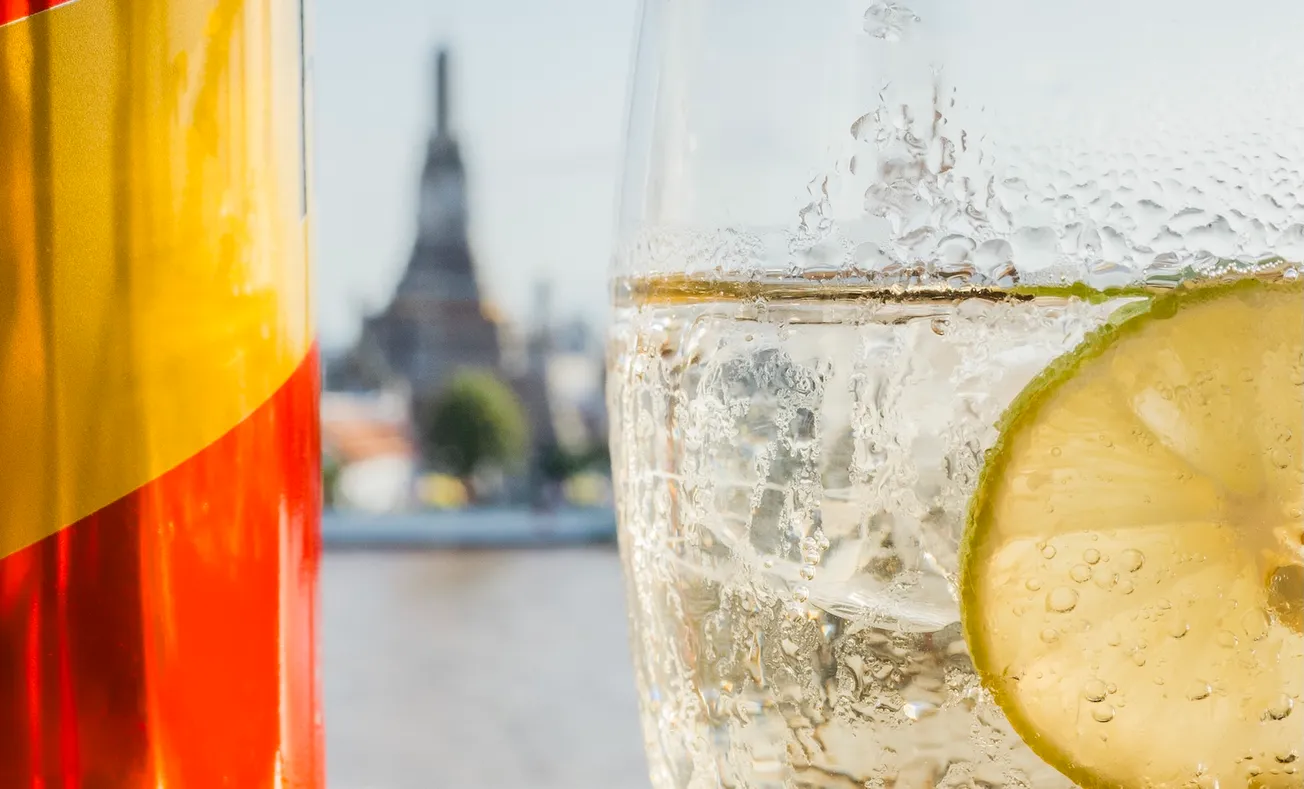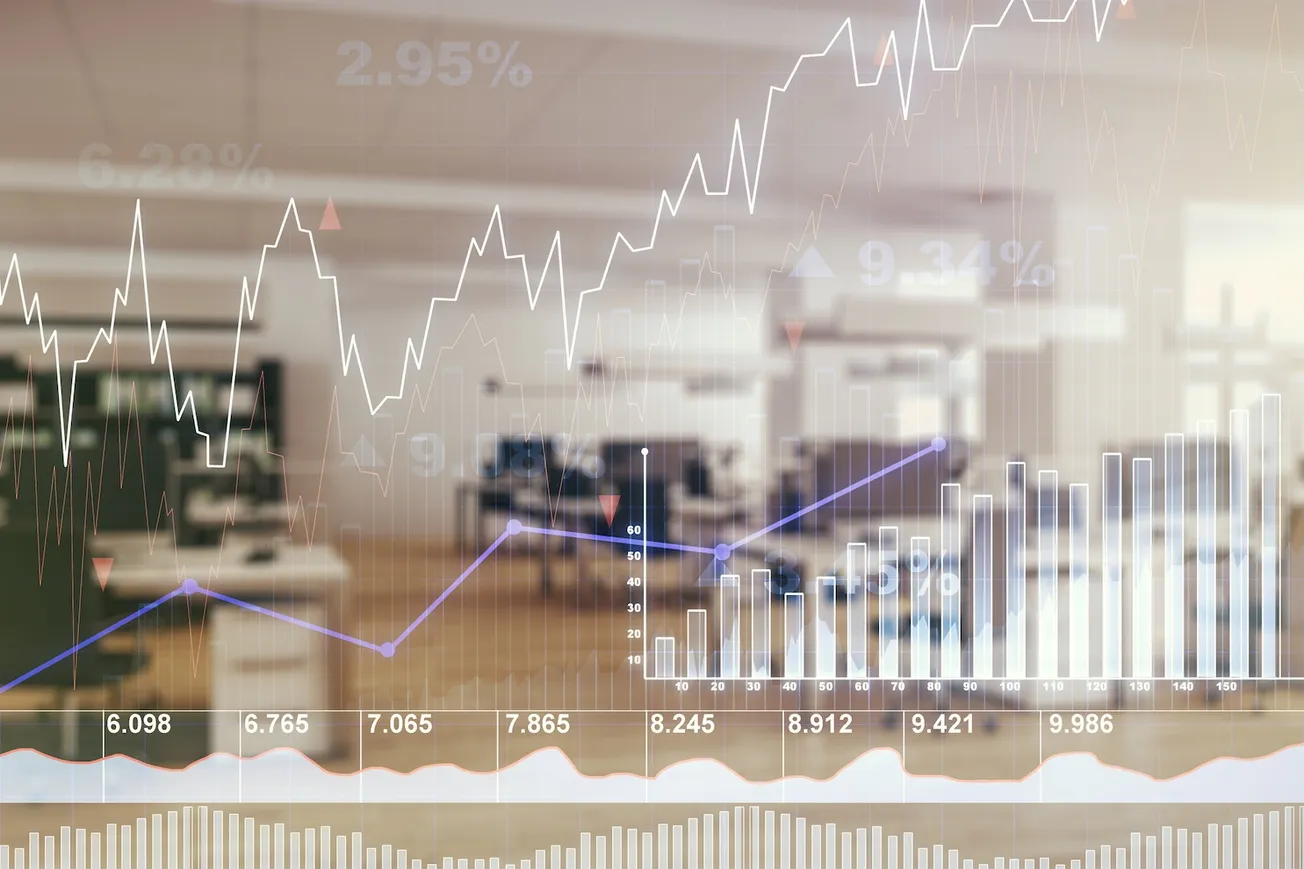Table of Contents
Disclaimer: Asian Century Stocks uses information sources believed to be reliable, but their accuracy cannot be guaranteed. The information contained in this publication is not intended to constitute individual investment advice and is not designed to meet your personal financial situation. The opinions expressed in such publications are those of the publisher and are subject to change without notice. You are advised to discuss your investment options with your financial advisers, including whether any investment is suitable for your specific needs. From time to time, I may have positions in the securities covered in the articles on this website. Full disclosure: I do not hold a position in Swire Pacific at the time of publishing this article. Note that this is disclosure and not a recommendation to buy or sell.
Swire Pacific (A-share: 19 HK, B-share: 87 HK) is a Hong Kong conglomerate focused on developing and leasing commercial property. It’s also the controlling shareholder of Hong Kong airline Cathay Pacific and a major Coca-Cola bottling business in China.
Founder John Swire set up the company in Liverpool in 1816. Less than fifty years later, it started trading textiles with Chinese companies through a partnership in Hong Kong.
Over the years, the company also set up a sugar refinery in Hong Kong’s Quarry Bay, went into the paint industry, bought a Coca-Cola bottling business, entered the offshore support vessel industry and set up a JV with Cathay Pacific. It became a conglomerate rivalling the likes of Jardine Matheson and Cheung Kong.
But most importantly, the company set up Swire Properties in 1972. The first project was to build a 61-tower residential development in Quarry Bay on the same piece of land Swire used to run its sugar refinery.
Today, the majority of Swire’s assets are centred around commercial property. It owns Pacific Place and Taikoo Place in Hong Kong and several retail properties in mainland China. The Hong Kong assets are mostly offices, whereas the mainland properties have greater exposure to retail. These assets are of exceptionally high quality, in my view.
The corporate structure is complex. At the top, you have the London-based family holding company, John Swire & Sons. Then below is the Hong Kong-listed conglomerate Swire Pacific, which owns stakes in several other listed companies, including Swire Properties (1972 HK) and Cathay Pacific (293 HK).
The company has suffered alongside the Hong Kong economy. The problems started with the “Occupy Central” movement in 2014, which caused mainland tourism to drop. The anti-government protests in mid-2019 cut off mainland tourism almost entirely, which hurt the profits of Swire’s airline Cathay Pacific.
And then came COVID-19, which caused Hong Kong air travel to grind to a halt. The retail industry suffered, both in Hong Kong and on the mainland. And many individuals worked from home, reducing the demand for office space.
That has caused Hong Kong office- and retail rents to drop significantly. Swire Pacific’s rental income has only declined marginally, but future rental reversions will continue to weigh on profits.
Higher interest rates have also increased Swire Pacific’s borrowing costs and caused cap rates to expand. The Hong Kong property market has started wobbling.
There are some early signs that normalisation can happen at some point. Workplace patronage in other parts of the world has already recovered. Hong Kong recently reduced the quarantine period for travellers to just three days. And many investors hope that October’s Party Congress could be a catalyst for reduced COVID restrictions.
Swire Pacific has two share classes: A-shares (19 HK) and B-shares (87 HK). Their voting rights are identical. But B-shares only offer 1/5 of the cash flow rights of the A-shares. But B-shares are also a lot cheaper. They trade below 1/5 of the price of an A-share. So at the current price, for every dollar invested, you get far greater voting rights and cash flow rights in the B-share than in the A-share.
In addition, the Swire family has a 71.5% stake in the B-share and only a 48.9% share in the A-share. So if you buy B-shares, you’ll be investing alongside the family.
Swire Properties trades at a discount to NAV, Swire Pacific trades at a discount to Swire Properties and its other subsidiaries, and finally, the B-share trades at a discount to the A-share. Swire Pacific’s B-shares essentially trade at a triple discount.
Using market cap rates, a sum-of-the-parts valuation with a typical 25% NAV discount leads to an intrinsic value per B-share of HK$26.6, well above the current share price of HK$8.9 for the B-share. In P/E terms, it seems likely that Swire Pacific will trade in the high single digits with a ~7% dividend yield.
The risks are that China’s and Hong Kong’s strict COVID policies continue for longer than expected. That would be a massive problem for Cathay Pacific, which relies on open borders to and from Hong Kong.
Higher interest rates are also a headwind, but Swire Pacific’s debt levels are modest compared to those of other Hong Kong conglomerates.
And then there’s a question of Swire Pacific’s bargaining power against Beijing. Some mainland enterprises have been compelled to contribute directly to Beijing’s new goal of wealth redistribution. Hong Kong tycoons may one day find themselves in the crosshairs of Beijing as well.
On the positive side, Swire Pacific has now initiated a share buyback, and it plans to buy back both A- and B-shares. If Swire buys back the maximum amount of shares under its mandate without breaching the free float requirement, it could end up with 140 million B-shares or roughly 4.7% of total B-shares outstanding.
Click the “Read now” button below to access the full PowerPoint presentation:
Thank you for reading!
If you want more reports like this, considering joining as a full subscriber for only $34.9 per month:

